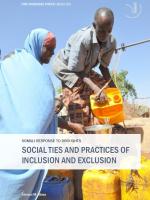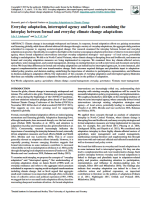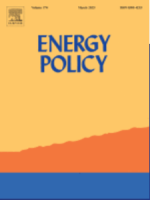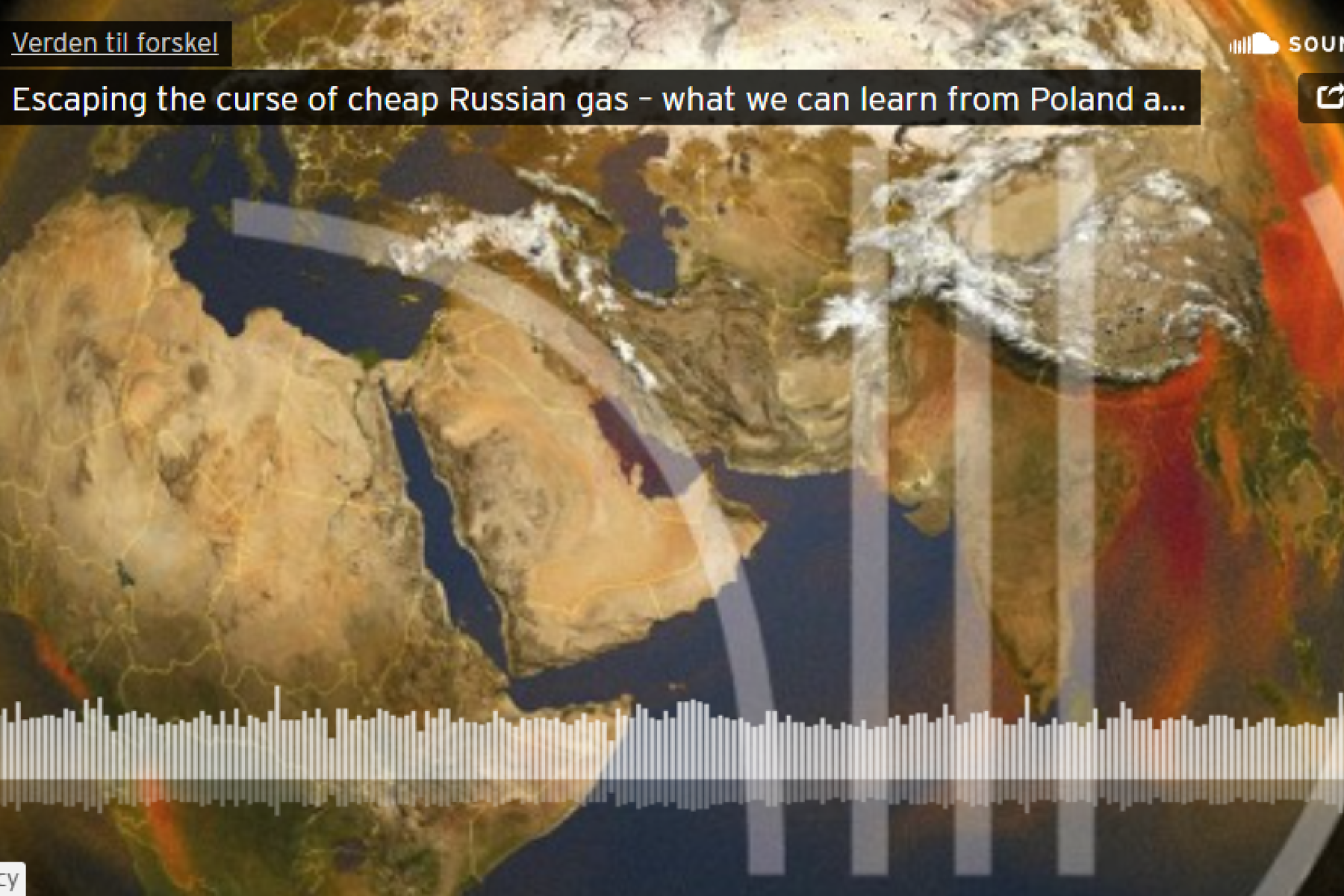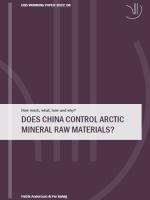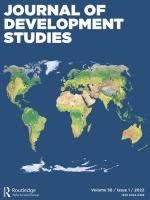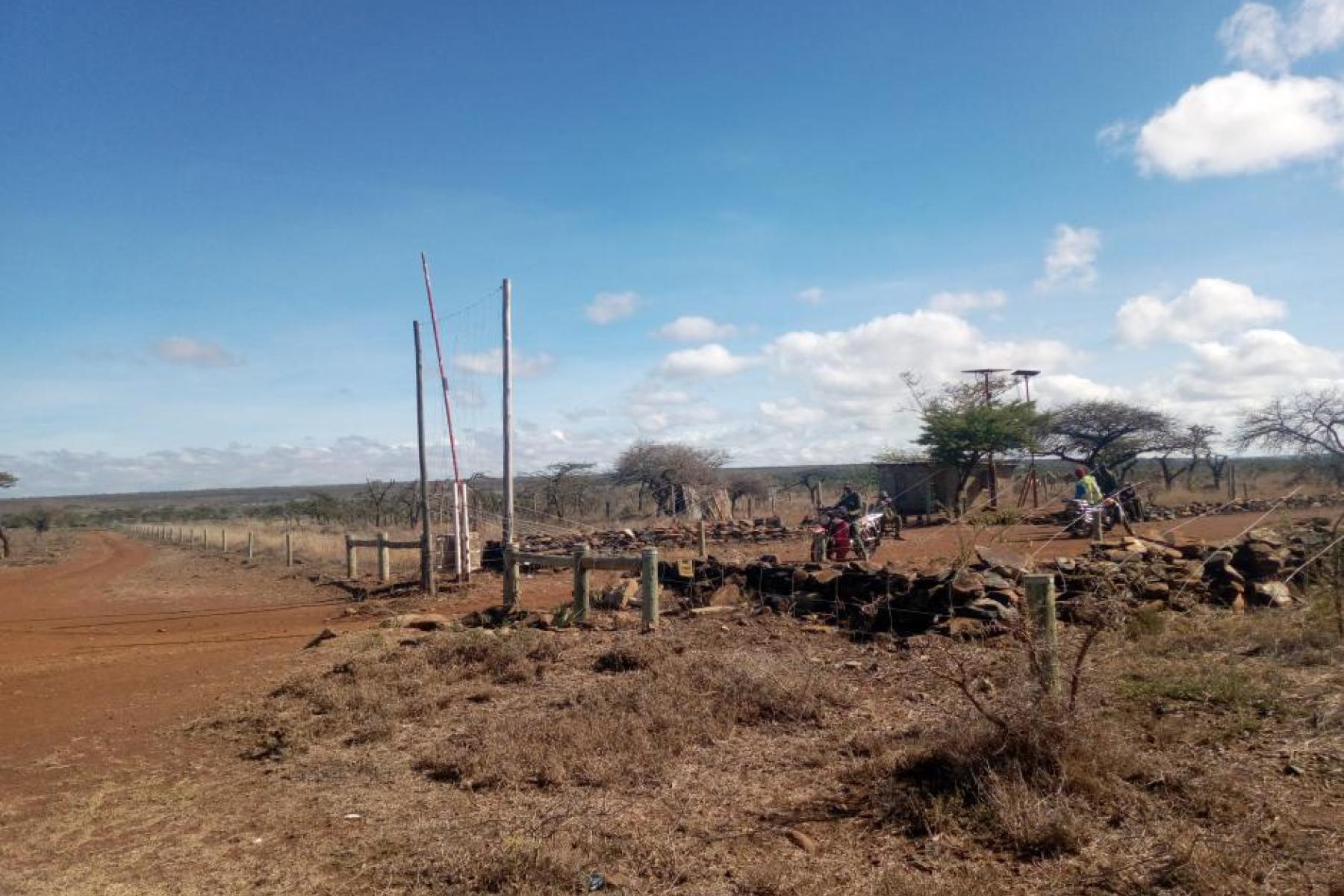The DIIS Climate initiative
The impact of climate change is increasingly being felt across the globe.
The DIIS Climate initiative gathers researchers working on various aspects of the climate crisis to explore, question and share perspectives on its effects and possible solutions.
Melting ice caps, rising sea levels, extreme weather events and other forms of climate change have a profound impact on life on Earth. They shift patterns of migration, reform global politics, shape conflicts over natural resources, create unemployment and food insecurity, and call for sustainable energy transitions to low-carbon economies. In short, the impacts of climate change are profound, long-term, and multi-directional.
These impacts raise pertinent questions for global politics: How do global institutions respond to human-driven climate change? How does climate change interact with and re-configure existing relations of power and inequality? What are the geopolitical implications of alternative, non-fossil energy systems?
The Climate Group is a 3-year initiative from 2022-2025 that brings together DIIS researchers to explore these and other climate-related questions. The goal is to facilitate dialogue both internally and with external partners and to boost future climate research at DIIS.
Mike Speirs
Mike Speirs has extensive knowledge of economic development, nature and environment and climate change gained from research, studies and consultancies undertaken since the 1980s in Africa, Asia and Latin America.
Marie L. Gravesen
Marie L. Gravesen works on the changing use, governance and conflicts over natural resources in sub-Saharan Africa, where climate- and environmental change have intensified pressures in recent years. This work therefore includes research on land rights, adaptation strategies and political manoeuvring.
Peer Schouten
Peer Schouten focuses on the intersections of conflict and climate change in Africa, having conducted research on conservation and conflict in the Congo Basin rainforest as well as herder-farmer conflict in the Sudano-Sahel.
Nauja Kleist
Nauja Kleist works on migration and (im)mobility in relation to climate change, with a specific focus on Ghana.
Rasmus Hundsbæk Pedersen
Rasmus H. Pedersen works on the political economy of energy transitions in sub-Saharan Africa. This includes research on politics, governance, and planning, related to renewable energy, oil and gas, and land and land rights.
Helene Maria Kyed
Helene M. Kyed works on the conflict-climate change nexus in Myanmar’s contested border regions, exploring how violent conflict affects people’s experiences and perceptions of as well as abilities to cope with climate change.
Mikkel Funder
Mikkel Funder works in collaborative partnerships to investigate the politics, implementation and outcomes of climate- and environment agendas in the Global South, with an emphasis on everyday governance and agency.
Ulrik Pam Gad
Ulrik Pram Gad studies politics in the Arctic, where climate change is a key driver and environmental security dynamics take surprising forms.
Izabela Surwillo
Izabela Surwillo studies energy and climate policies in Europe, with a special focus on energy transition in the Baltic Sea region and Central and Eastern Europe.
Rens van Munster
Rens van Munster studies how nuclear weapons have shaped ideas about humans, nature, and technology. He is also interested in the intersections between nuclear weapons, climate change and the Anthropocene.
Contact

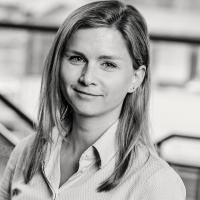
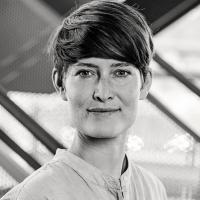


Research and activites
-
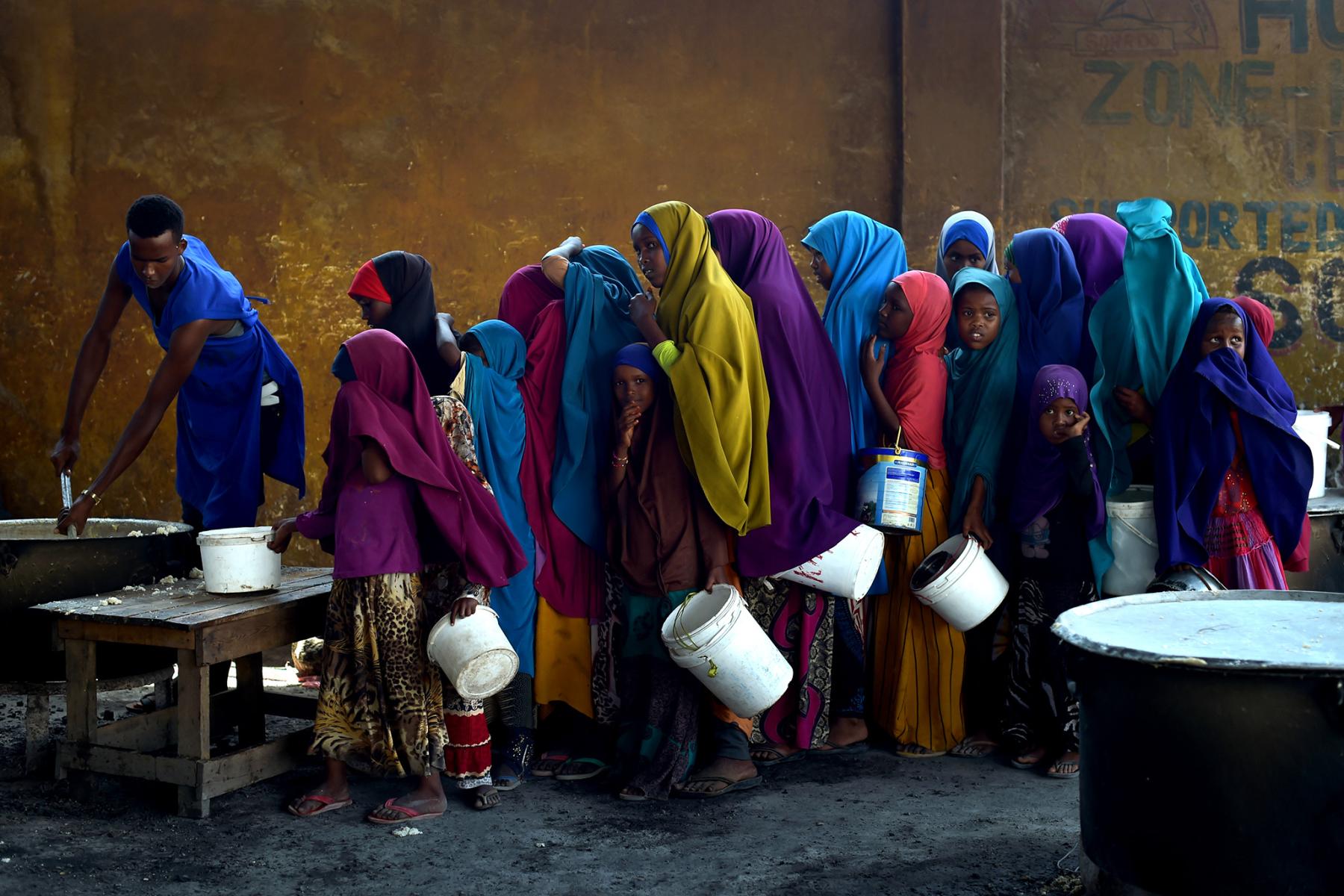 Photo/illustration by Photo by UN Photo/Tobin Jones copyright licenseJournal Article2023Ahmed Musa & Nauja Kleist
Photo/illustration by Photo by UN Photo/Tobin Jones copyright licenseJournal Article2023Ahmed Musa & Nauja Kleist -
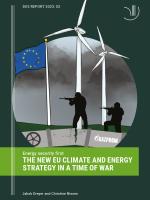 DIIS Report2023The New EU Climate and Energy Strategy in a time of warJakob Dreyer, Christine Nissen, Trine Villumsen Berling & Veronika Slakaityte
DIIS Report2023The New EU Climate and Energy Strategy in a time of warJakob Dreyer, Christine Nissen, Trine Villumsen Berling & Veronika Slakaityte -
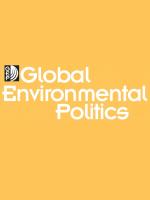 Journal Article2023Politics and depoliticization in practiceJakob Skovgaard, Kevin Adams, Kendra Dupuy, Adis Dzebo, Mikkel Funder, Adam Moe Fejerskov & Zoha Shawoo
Journal Article2023Politics and depoliticization in practiceJakob Skovgaard, Kevin Adams, Kendra Dupuy, Adis Dzebo, Mikkel Funder, Adam Moe Fejerskov & Zoha Shawoo -
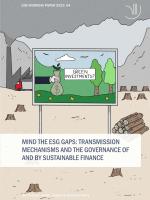 DIIS Working Paper2023transmission mechanisms and the governance of and by sustainable financeJan Fichtner, Robin Jaspert & Johannes Petry
DIIS Working Paper2023transmission mechanisms and the governance of and by sustainable financeJan Fichtner, Robin Jaspert & Johannes Petry -
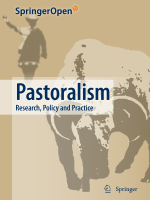 Journal Article2023Suburban pastoralists: Pastoral adaptation strategies at the rural-urban interface in Nairobi, KenyaSylvia Rotich, Mikkel Funder & Martin Marani
Journal Article2023Suburban pastoralists: Pastoral adaptation strategies at the rural-urban interface in Nairobi, KenyaSylvia Rotich, Mikkel Funder & Martin Marani -
DIIS Working Paper2023Somali responds to droughtsAhmed Musa
-
Journal Article2023Rasmus Hundsbæk Pedersen & Ole Winckler Andersen
-
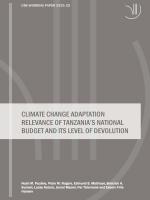 DIIS Working Paper2023Noah Pauline, Peter Rogers, Edmund Mabhuye, Beatrice Sumari, Lucas Katera, Jamal Msami, Per Tidemand & Esbern Friis-Hansen
DIIS Working Paper2023Noah Pauline, Peter Rogers, Edmund Mabhuye, Beatrice Sumari, Lucas Katera, Jamal Msami, Per Tidemand & Esbern Friis-Hansen -
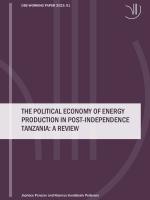 DIIS Working Paper2023A reviewJaphace Poncian & Rasmus Hundsbæk Pedersen
DIIS Working Paper2023A reviewJaphace Poncian & Rasmus Hundsbæk Pedersen -
Journal Article2022Examining the interplay between formal and everyday climate change adaptationsLily Salloum Lindegaard & Le Thi Hoa Sen
-
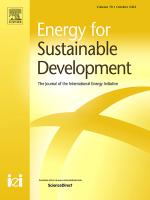 Journal Article2022Ole Winckler Andersen & Rasmus Hundsbæk Pedersen
Journal Article2022Ole Winckler Andersen & Rasmus Hundsbæk Pedersen -
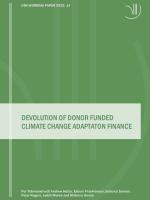 DIIS Working Paper2022Per Tidemand, Andrew Hattle, Esbern Friis-Hansen, Beatrice Sumari, Peter Rogers, Judith Mulwa & Millicent Omala
DIIS Working Paper2022Per Tidemand, Andrew Hattle, Esbern Friis-Hansen, Beatrice Sumari, Peter Rogers, Judith Mulwa & Millicent Omala -
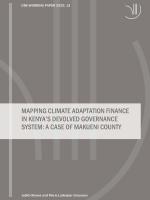 DIIS Working Paper2022Judith Mulwa & Marie Ladekjær Gravesen
DIIS Working Paper2022Judith Mulwa & Marie Ladekjær Gravesen -
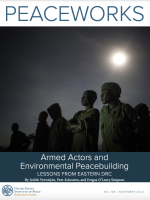 Report2022Lessons from Eastern DRCJudith Verweijen, Peer Schouten & Fergus Simpson
Report2022Lessons from Eastern DRCJudith Verweijen, Peer Schouten & Fergus Simpson -
Working papers etc.2022Rasmus Hundsbæk Pedersen
-
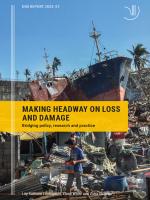 DIIS Report2022Bridging policy, research and practiceLily Salloum Lindegaard, Heidi White & Zoha Shawoo
DIIS Report2022Bridging policy, research and practiceLily Salloum Lindegaard, Heidi White & Zoha Shawoo -
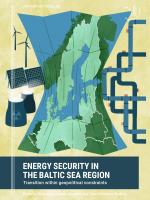 DIIS Report2022Transition within geopolitical constraintsVeronika Slakaityte, Izabela Surwillo & Trine Villumsen Berling
DIIS Report2022Transition within geopolitical constraintsVeronika Slakaityte, Izabela Surwillo & Trine Villumsen Berling -
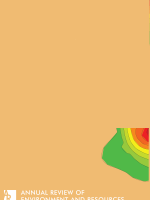 Journal Article2022Finn Danielsen, Hajo Eiken, Mikkel Funder, Noor Johnson, Olivia Lee, Ida Theilade, Dimitios Argyriou & Neil D Burgess
Journal Article2022Finn Danielsen, Hajo Eiken, Mikkel Funder, Noor Johnson, Olivia Lee, Ida Theilade, Dimitios Argyriou & Neil D Burgess -
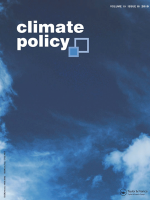 Journal Article2022Zoha Shawoo, Adis Dzebo, Mikkel Funder & Kendra Dupuy
Journal Article2022Zoha Shawoo, Adis Dzebo, Mikkel Funder & Kendra Dupuy -
DIIS Working Paper2022How much, what, how and why?Patrik Andersson & Per Kalvig
-
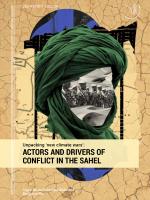 DIIS Report2022Unpacking 'new climate wars'Signe Marie Cold-Ravnkilde & Boubacar Ba
DIIS Report2022Unpacking 'new climate wars'Signe Marie Cold-Ravnkilde & Boubacar Ba -
 Photo/illustration by Pexels. Jens Mahnke. copyright licenseReport2022Can Europe stay ahead in green and 5G technologies?Luke Patey
Photo/illustration by Pexels. Jens Mahnke. copyright licenseReport2022Can Europe stay ahead in green and 5G technologies?Luke Patey -
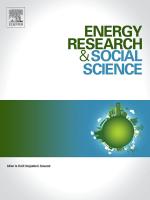 Journal Article2022A framework for analysis of energy transitions in the global SouthMark Swilling, Ivan Nygaard, Wikus Kruger, Holle Wlokas, Tasneem Jhetam, Megan Davies, Merin Jacob, Mike Morris, Glen Robbins, Mikkel Funder, Ulrich Elmer Hansen, Karen Holm Olsen, Elder Davy, Lena Kitzing, Bilal Siddique Khan & Tom Cronin
Journal Article2022A framework for analysis of energy transitions in the global SouthMark Swilling, Ivan Nygaard, Wikus Kruger, Holle Wlokas, Tasneem Jhetam, Megan Davies, Merin Jacob, Mike Morris, Glen Robbins, Mikkel Funder, Ulrich Elmer Hansen, Karen Holm Olsen, Elder Davy, Lena Kitzing, Bilal Siddique Khan & Tom Cronin -
Journal Article2022Norm localization and the politics of climate finance coordination in ZambiaMikkel Funder & Kendra Dupuy
-
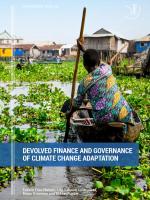 DIIS Report2022Esbern Friis-Hansen, Lily Salloum Lindegaard, Marie Ladekjær Gravesen, Mikkel Funder & Lasse Pinderup
DIIS Report2022Esbern Friis-Hansen, Lily Salloum Lindegaard, Marie Ladekjær Gravesen, Mikkel Funder & Lasse Pinderup
-
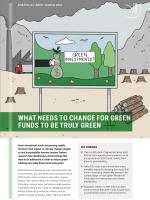 DIIS Policy Brief2023Jan Fichtner, Robin Jaspert & Johannes Petry
DIIS Policy Brief2023Jan Fichtner, Robin Jaspert & Johannes Petry -
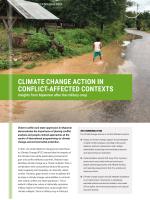 DIIS Policy Brief2023Insights from Myanmar after the military coupHelene Maria Kyed & Justine Chambers
DIIS Policy Brief2023Insights from Myanmar after the military coupHelene Maria Kyed & Justine Chambers -
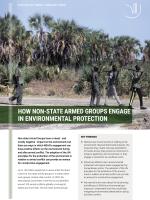 DIIS Policy Brief2023Jairo Munive & Finn Stepputat
DIIS Policy Brief2023Jairo Munive & Finn Stepputat -
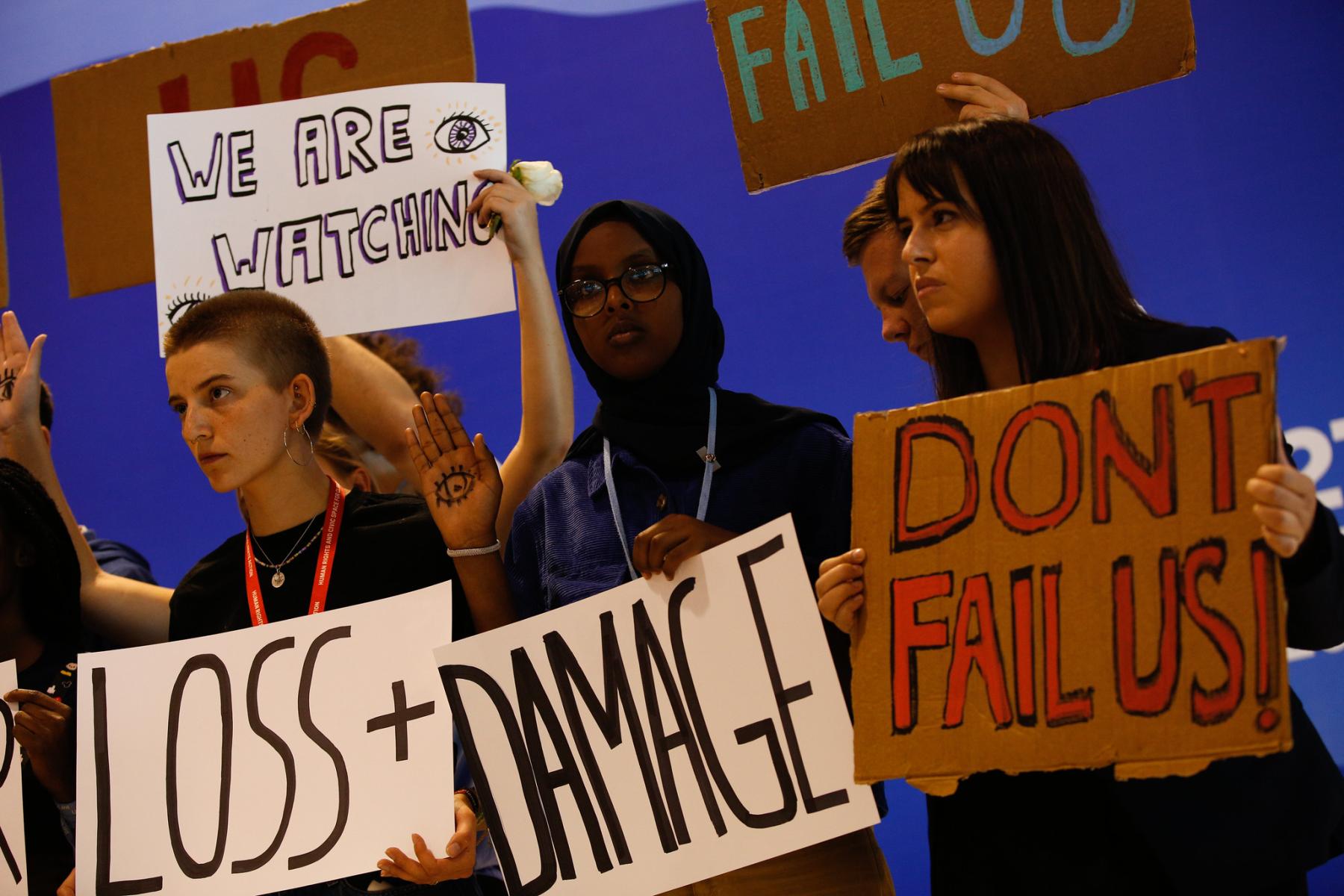 Photo/illustration by Kiara Wort, UNclimatechange copyright licenseDIIS Comment2022Why land rights are important for climate actionMikkel Funder, Joanes Atela, Iben Nathan, Alphonce Mollo, Charles Tonui & Leah Aoko
Photo/illustration by Kiara Wort, UNclimatechange copyright licenseDIIS Comment2022Why land rights are important for climate actionMikkel Funder, Joanes Atela, Iben Nathan, Alphonce Mollo, Charles Tonui & Leah Aoko -
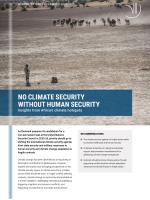 DIIS Policy Brief2022Insights from Africa’s climate hotspotsLouise Wiuff Moe & Signe Marie Cold-Ravnkilde
DIIS Policy Brief2022Insights from Africa’s climate hotspotsLouise Wiuff Moe & Signe Marie Cold-Ravnkilde -
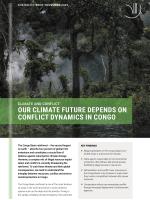 DIIS Policy Brief2022Climate and conflictPeer Schouten, Judith Verweijen & Fergus Simpson
DIIS Policy Brief2022Climate and conflictPeer Schouten, Judith Verweijen & Fergus Simpson -
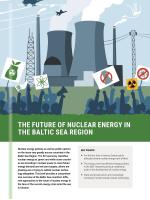 DIIS Policy Brief2022Izabela Surwillo
DIIS Policy Brief2022Izabela Surwillo -
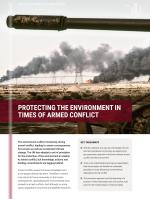 DIIS Policy Brief2022Finn Stepputat & Jairo Munive
DIIS Policy Brief2022Finn Stepputat & Jairo Munive -
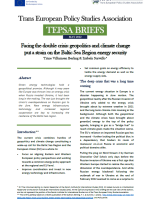 Brief2022Trine Villumsen Berling & Izabela Surwillo
Brief2022Trine Villumsen Berling & Izabela Surwillo -
 Photo/illustration by Pexels. Jens Mahnke. copyright license
Photo/illustration by Pexels. Jens Mahnke. copyright license -
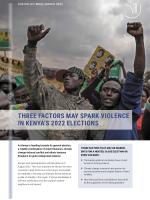 DIIS Policy Brief2022Marie Ladekjær Gravesen & Evans Muriu
DIIS Policy Brief2022Marie Ladekjær Gravesen & Evans Muriu -
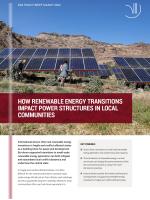 DIIS Policy Brief2022Maria-Louise Clausen, Ekatherina Zhukova & Vasna Ramasar
DIIS Policy Brief2022Maria-Louise Clausen, Ekatherina Zhukova & Vasna Ramasar -
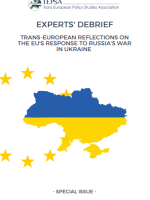 Brief2022Trans-European Reflections on the EU’s Response to Russia’s war in UkraineKrševan Antun Dujmović, Marco Siddi, Izabela Surwillo, Veronika Slakaityte, Ádám Kerényi, Tinatin Akhvlediani, Artur Gruszczak, Kristi Raik, Mihai Sebe, Eliza Vaş, Irakli Sirbiladze, Jim Cloos & Mariam Khotenashvili
Brief2022Trans-European Reflections on the EU’s Response to Russia’s war in UkraineKrševan Antun Dujmović, Marco Siddi, Izabela Surwillo, Veronika Slakaityte, Ádám Kerényi, Tinatin Akhvlediani, Artur Gruszczak, Kristi Raik, Mihai Sebe, Eliza Vaş, Irakli Sirbiladze, Jim Cloos & Mariam Khotenashvili -
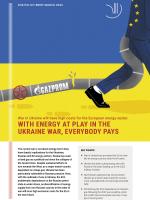 Photo/illustration by Cecilie Castor von SprekcelsenDIIS Policy Brief2022War in Ukraine will have high costs for the European energy sectorIzabela Surwillo & Veronika Slakaityte
Photo/illustration by Cecilie Castor von SprekcelsenDIIS Policy Brief2022War in Ukraine will have high costs for the European energy sectorIzabela Surwillo & Veronika Slakaityte -
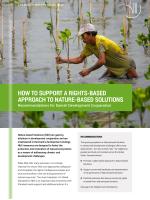 DIIS Policy Brief2022Recommendations for Danish development cooperationMikkel Funder & Marie Ladekjær Gravesen
DIIS Policy Brief2022Recommendations for Danish development cooperationMikkel Funder & Marie Ladekjær Gravesen -
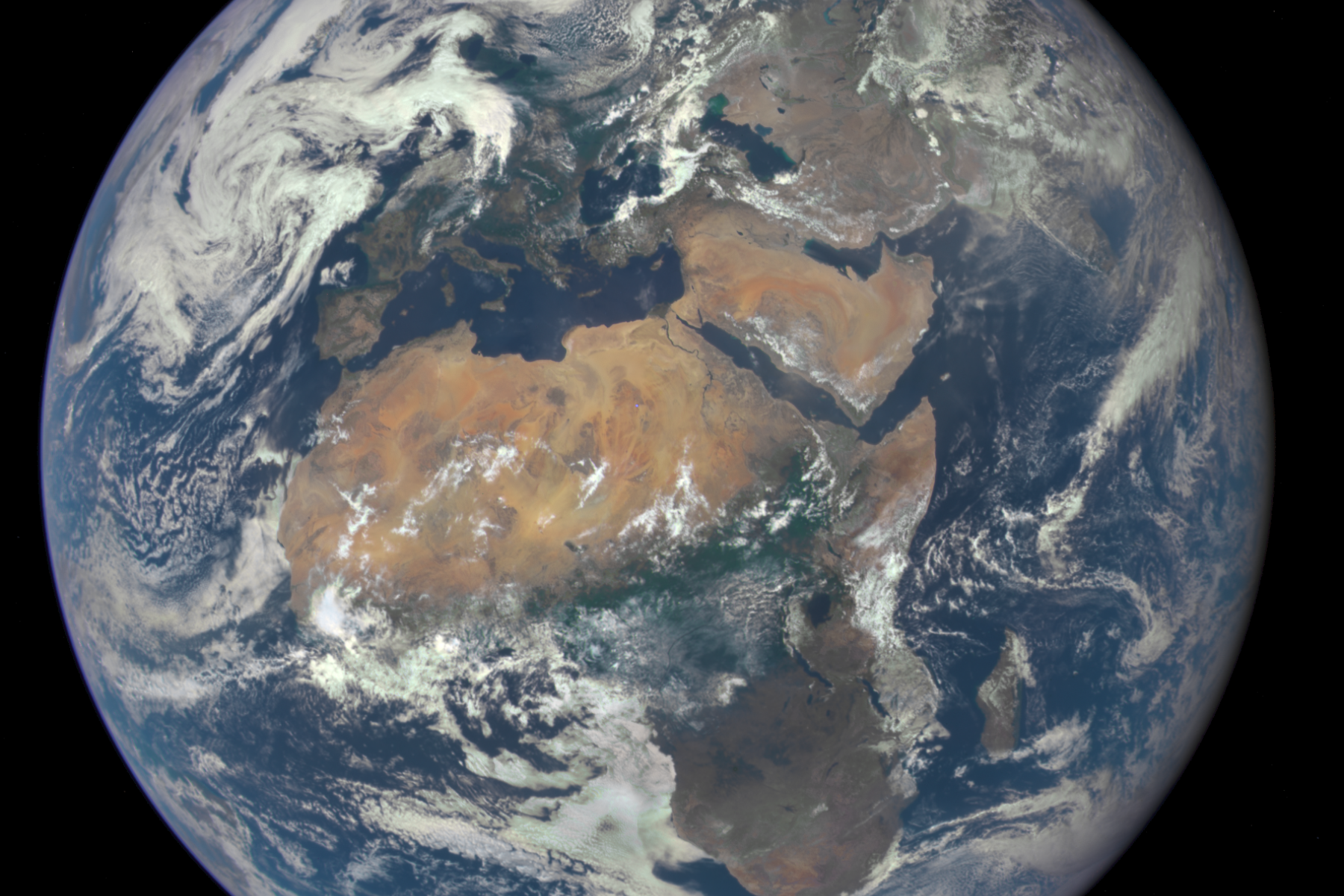 Photo/illustration by NASA via Wiki Commons copyright licenseDIIS Comment2022Rasmus Hundsbæk Pedersen, Ole Winckler Andersen & Ilse Renkens
Photo/illustration by NASA via Wiki Commons copyright licenseDIIS Comment2022Rasmus Hundsbæk Pedersen, Ole Winckler Andersen & Ilse Renkens

